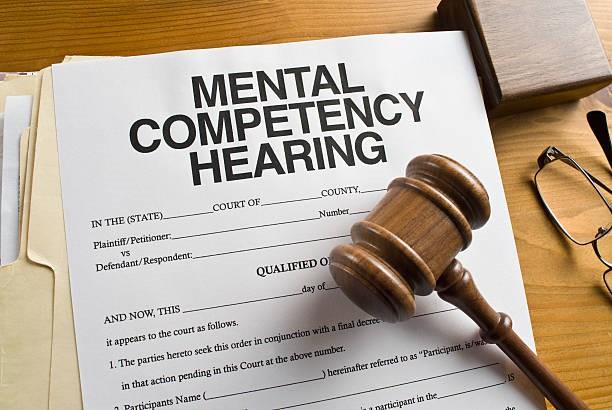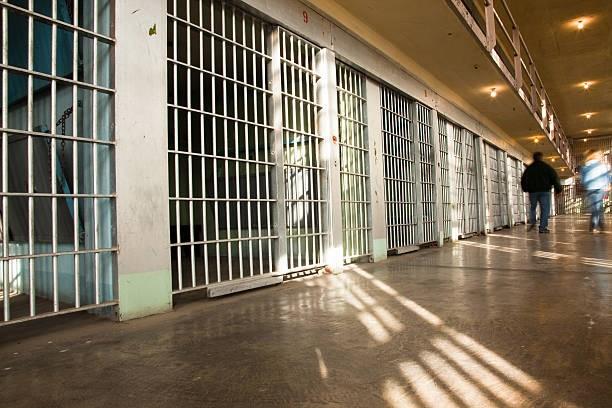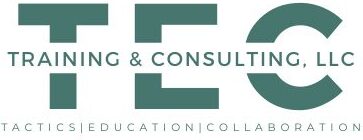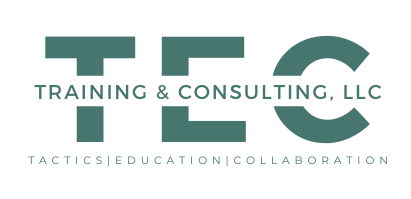Consulting Services


Courts and
Competency Cases
Jails and Competency Cases
The Courts and Collaborative partners have a role in the competency restoration of individuals in custody and ensuring the rights of these individuals. The competency waitlists continue to grow and wait times are excessive, yet there are still actions the jail and courts can take to reduce cost, reduce wait times, and ensure the individual rights. The law now requires a police agency’s good faith effort to divert individuals with mental illness from the jail. It is also necessary to treat those in custody and divert when indicated. Courts have several options for addressing these cases including education of local agencies, fit for confinement on psychiatric emergencies, APOWW/EDO releases from custody, and the team roles in reviewing and referring these Cases. This session reviews options available to the Courts in addressing competency cases and diversion of individuals with mental health needs.
The jail has a role in the competency restoration of individuals in custody and ensuring the rights of these individuals. The competency waitlists continue to grow and wait times are excessive, yet there are still actions the jail can take to reduce cost, reduce wait times, and ensure the individual rights. The law now requires a police agency’s good faith effort to divert individuals with mental illness from the jail. It is also necessary to treat those in custody and divert when indicated. Jails have several options for addressing these cases including education of local agencies, fit for confinement on psychiatric emergencies, APOWW/EDO releases from custody, and the team roles in reviewing and referring these Cases. This session reviews options available to the jail in addressing competency cases and diversion of individuals with mental health needs.

SYSTEM REVIEW
We provide evaluation of current processes, practices, and compliance with specific statutes, rules, and best practices.

RECOMMENDATIONS
We provide feedback to achieve statutory compliance, systemic, and procedural changes, as well as identifying the benefits, which can be achieved fo the inmate/defendant, courts, and the facility through implementing the enhanced services.

BENEFITS
Benefits are realized in the wellbeing, health, safety and security of the incarcerated individuals by improving the systems and reducing time in custody

MEDICAL TEAM MEETING
Staff Training to identify medical team stakeholders, roles, responsibilities, goals, and objectives and to assist in establishing a functioning team meeting to decrease custody days and improve services to in-custody individuals.

Specific Areas of Review and Recommendation:
- Texas Code of Criminal Procedure 16.22 Early Identification of Mental Illness
- Texas Code of Criminal Procedure 17.032 Mental Health Bonds
- Continuity of Care Services and Responsibilities
- Magistration processes

INTERVENTIONS
We provide training to include techniques in de-escalation, disengagement and holds (empty hand control measures)

Develop Multidisciplinary Teams
Staff Training to identify medical team stakeholders, roles, responsibilities, goals, and objectives and to assist in establishing a functioning team meeting to decrease custody days and improve services to in-custody individuals.

Competency Cases
- Texas Code of Criminal Procedure 16.22 -Early Identification of Mental Illness
- Texas Code of Criminal Procedure 17.032 -Mental Health Bonds
- Continuity of Care Services & Responsibilities
- Magistration processes

- trainwithtec@gmail.com
- 214-566-3722
COURSES OFFERED
COURTS
POLICE DEPARTMENTS
CORRECTIONAL FACILITIES
COMMUNITY PARTNERS
Copyright © 2024- TEC TRAINING & CONSULTING, LLC. All Rights Reserved.
is proudly powered by WordPress
